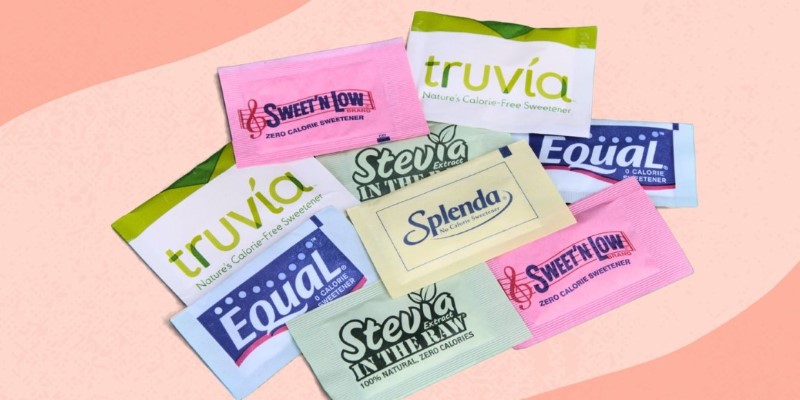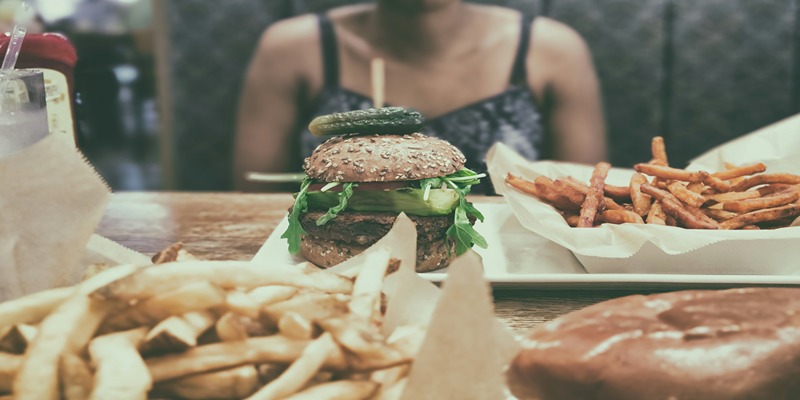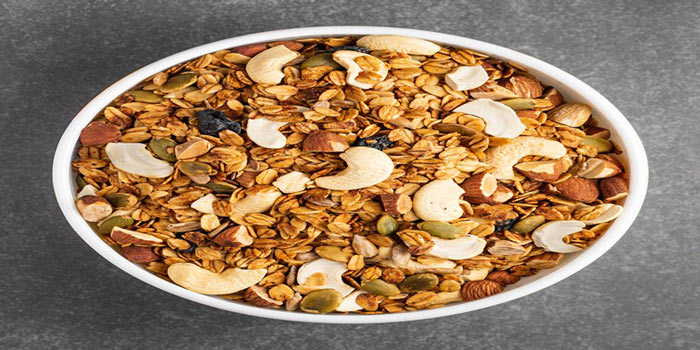Migraines can feel like an unwelcome storm that suddenly rolls in, disrupting your day and leaving you in search of relief. While many people know that stress or lack of sleep can trigger these intense headaches, fewer realize that their diet might be playing a major role.
Certain foods have been linked to migraine attacks, and recognizing these can be a game-changer for managing your symptoms. This article dives into nine common foods that could be setting off your migraines and provides practical tips for steering clear of these potential culprits. Understanding these triggers could help you take control and find some much-needed relief.
Avoid These 9 Foods to Help Prevent Migraine Attacks
Migraines can be incredibly disruptive, affecting everything from your work to your personal life. One way to manage and potentially reduce the frequency of these debilitating headaches is by paying attention to your diet. Certain foods have been known to trigger migraine attacks, and avoiding them might help you find relief.
In this article, well explore nine common foods that could be causing your migraines and offer practical tips for steering clear of these potential triggers. Understanding what to avoid can be a crucial step toward better migraine management and overall well-being.
Aged Cheeses
Aged cheeses like cheddar, blue cheese, and Parmesan are notorious for being migraine triggers. These cheeses contain a substance called tyramine, which is a byproduct of the breakdown of proteins during the aging process. Tyramine can affect blood vessels and contribute to migraine attacks. If you notice that your migraines often follow a cheese-laden meal, it might be worth reducing or avoiding these types of cheeses.
Processed Meats
Processed meats, such as bacon, salami, and hot dogs, can also be problematic. These meats often contain nitrates and nitrites, which are preservatives used to enhance color and extend shelf life. These chemicals can dilate blood vessels, which may lead to migraine attacks. Additionally, processed meats often have high levels of salt, which can also contribute to headaches and migraines.
Caffeinated Beverages

Caffeine is a double-edged sword when it comes to migraines. While small amounts of caffeine can sometimes help alleviate migraine symptoms, excessive consumption or sudden withdrawal from caffeine can trigger migraines. Beverages like coffee, tea, and energy drinks can be culprits. If you suspect caffeine might be causing your migraines, try to monitor your intake and avoid sudden changes in your consumption patterns.
Salty Snacks
Excessive salt intake has been linked to increased blood pressure, which can lead to headaches and migraines in some people. Foods like chips, pretzels, and salted nuts can contribute to this. When you consume too much salt, your body retains water, potentially leading to increased blood pressure and vascular changes that might trigger migraines. If you find that salty snacks are a part of your diet and you're prone to migraines, reducing your salt intake may help minimize the frequency and intensity of your headaches.
Chocolate
Chocolate is a widely recognized migraine trigger, though the exact reasons remain somewhat unclear. It contains caffeine and theobromine, both of which can impact blood vessels and potentially induce headaches. Additionally, chocolate includes phenylethylamine, a compound that might alter brain chemistry and contribute to migraine development. For those who experience migraines frequently, reducing or eliminating chocolate from their diet may help in managing their symptoms.
Monosodium Glutamate (MSG)
Monosodium glutamate, commonly known as MSG, is a flavor enhancer used in many processed and restaurant foods. It is found in a variety of products, including soups, snacks, and even some sauces. MSG can cause headaches and migraines in some individuals by stimulating nerve cells in the brain. If youre sensitive to MSG, its wise to check ingredient labels and inquire about MSG content when dining out.
Pickled and Fermented Foods
Pickled and fermented foods, such as sauerkraut, kimchi, and pickles, can also be migraine triggers. These foods contain high levels of tyramine and other compounds that can affect the nervous system. Tyramine levels increase as foods ferment, making pickled and fermented items potential triggers. If youre prone to migraines, you may need to limit your intake of these types of foods.
Artificial Sweeteners

Artificial sweeteners, particularly aspartame, have been reported to trigger migraines in some individuals. Aspartame is found in many diet sodas and sugar-free products. The exact mechanism by which it triggers migraines is not fully understood, but some studies suggest that it may affect brain chemistry or cause changes in neurotransmitter levels. If you suspect that artificial sweeteners might be a problem, try eliminating them from your diet and observe any changes in your migraine frequency.
Citrus Fruits
Citrus fruits, including oranges, lemons, and grapefruits, can sometimes trigger migraines due to their high levels of vitamin C and citric acid. These compounds may irritate the digestive system and lead to headaches in sensitive individuals. Additionally, the acidity of citrus fruits might alter brain chemistry in some people, contributing to migraine onset. If you notice that consuming citrus fruits frequently coincides with migraine attacks, reducing their intake might help in managing your symptoms.
Conclusion
Identifying and avoiding migraine-trigger foods can significantly enhance your quality of life by reducing the frequency and severity of your migraine attacks. While individual reactions to these foods may vary, understanding common triggers such as aged cheeses, processed meats, caffeinated beverages, and others can guide you in making more informed dietary choices. Keeping a detailed food diary can be incredibly helpful, allowing you to track patterns and identify specific foods that may be linked to your migraine episodes.
Moreover, discussing your symptoms with a healthcare professional can provide additional insights and personalized advice. By taking these steps, you can gain better control over your migraines and improve your overall well-being.







